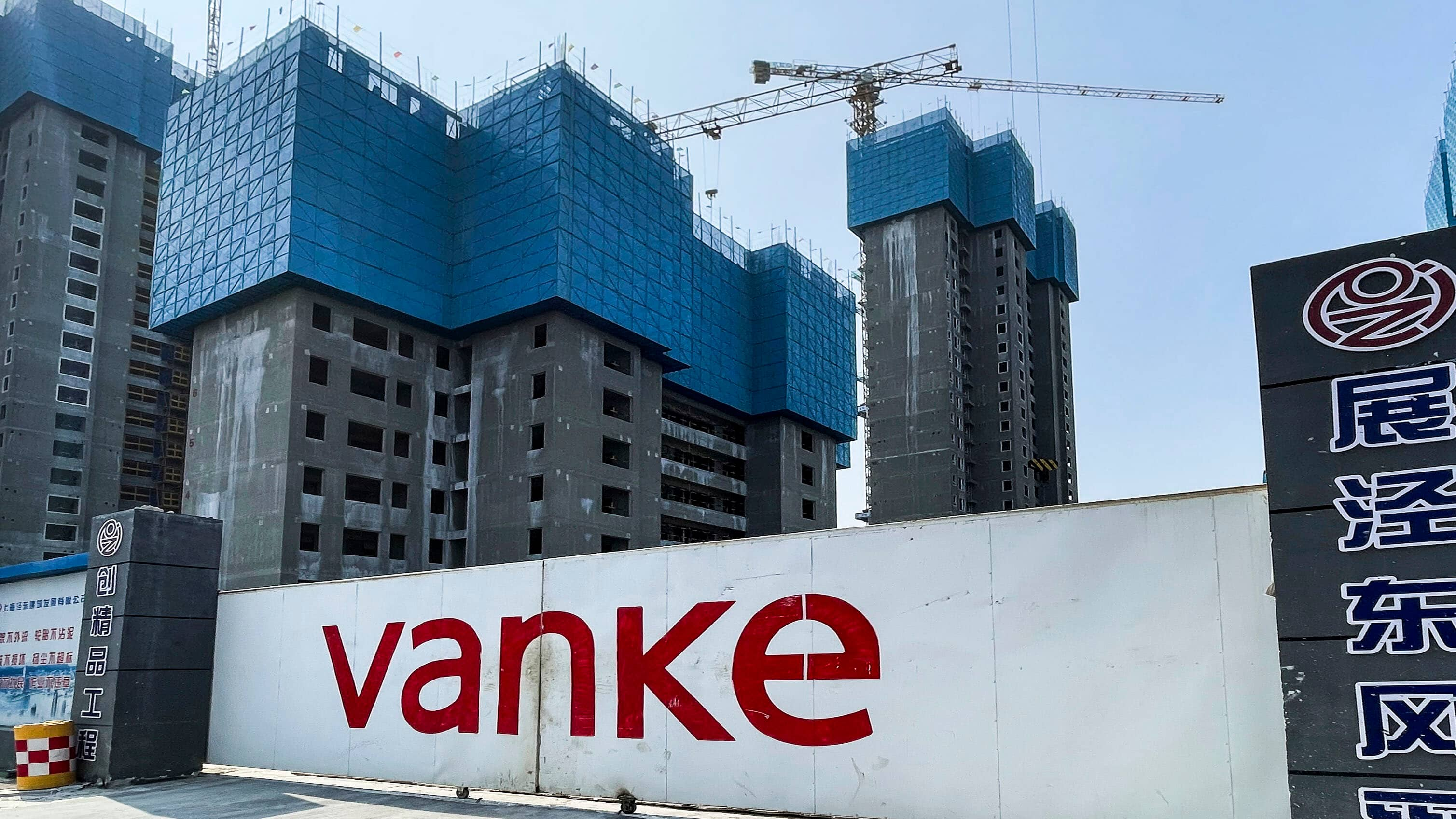
Chinese property giant Vanke forecasts $6.2B loss, top leaders resign
What's the story
Vanke, one of the top property developers in China, is preparing for a record net loss of $6.2 billion in 2024.
The company's financial woes are further exacerbated by a $4.9 billion debt due this year.
The announcement comes as the firm undergoes major changes in its leadership structure, including the appointment of a new chairman with connections to the state government.
Management shift
Leadership transition at China Vanke
Yu Liang has resigned as chairman of China Vanke for "work adjustment reasons," but will remain a director.
His successor Xin Jie also chairs state-owned Shenzhen Metro Group, the largest shareholder in China Vanke.
The leadership change was revealed in a filing with the Hong Kong stock exchange on Monday.
In addition to Liang, Vanke's CEO Zhu Jiusheng is also stepping down due to "health reasons."
Market response
New chairman's appointment boosts bond prices
The market has welcomed the appointment of Xin Jie as the new chairman, especially after a recent bond sell-off resulted in ratings downgrades from Fitch Ratings and S&P Global.
Following the news, Vanke's bond prices surged. The asking price for Vanke's 2025 maturing bond increased by 11%, while its 2029 due bond rose by 9%.
Government backing
State support for China Vanke's stability
The Shenzhen State-owned Assets Supervision and Administration Commission (SSASAC), which has assets worth over $689 billion, has pledged to support the Shenzhen Metro Group.
A SSASAC representative said they have "the ability, strength and enough 'bullets' to support Shenzhen Metro Group to promote a stable development of Vanke through all possible means."
This promise of state support is a good sign for China Vanke's future stability.
Financial challenges
China Vanke cites reasons for anticipated loss
In a separate filing, China Vanke blamed its anticipated net loss of $6.2 billion in 2024 on a number of factors.
These include falling sales and profit margins, provisions for credit and inventory impairments, and losses in bulk asset and equity transactions.
This represents a major decline from the company's net profit of nearly $1.7 billion in 2023.